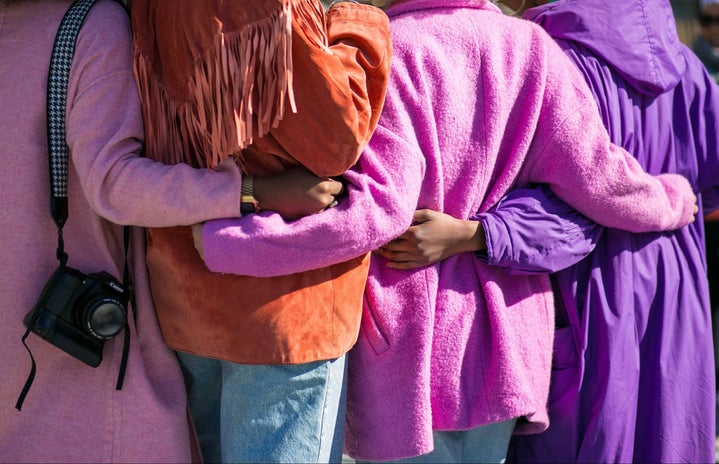We assume that we won’t get cancer until we’re in our later years of life, but that’s not true! There are cancers that young people are more likely to get, like cervical cancer. What is cervical cancer? What is the HPV vaccine that significantly lowers your risk of getting cancer? Below is what you should know in order to maintain your healthy life.
- What is cervical cancer? Cervical Cancer in Japan?
-
Cervical cancer is a type of cancer that starts in the cervix, connecting the vagina to the uterus. The primary cause of this cancer is getting infected with HPV (human papillomavirus). This infection is passed on to through sexual intercourse. It is said that most people who experience sexual intercourse get infected by HPV and that 90 percent of the time this virus gets excluded naturally by the immune system. However, 10 percent of people get infected by HPV in the long-term, and cervical cancer is most likely to happen to them.
In Japan, cervical cancer among young women in their 20s to 30s is increasing. According to the Japan Society of Obstetrics and Gynecology (日本産科婦人科学会), every year around 10,000 people are diagnosed with cervical cancer, and about 3,000 people die from it. Cervical cancer isn’t “somebody else’s problem”. But don’t worry too much. The cervix is a part of the body that is easy to get medically checked, and if the cancer is found at an early stage, there is a high possibility that it can be cured. On the other hand, when it is found in the later stages, the possibility of being cured would be extremely low. Therefore, it is highly important that we get the medical check once every two years, as recommended by the Japan Medical Association (日本医師会).
- What is an HPV vaccine?
-
The HPV vaccine prevents people from getting the HPV virus. Thus, it is also effective for preventing cervical cancer. The World Health Organization (WHO) has confirmed its safety and effectiveness. It is proven that getting vaccinated prevents 60-70 percent of individuals from being infected by cervical cancer. The vaccine is most effective when women get vaccinated before conducting sexual intercourse. Getting vaccinated in their early teens is recommended.
The vaccine’s effect is already showing in some countries as Australia, one of the most proactive countries in vaccinating its population. In 2018, researchers announced that cervical cancer in Australia would become a rare disease in the next ten years. This is a great progression since cervical cancer is still a major public health problem around the world.
In Japan, anyone can get this HPV vaccine, but women of ages 12 through 16 can get the vaccination at the public’s expense; it’s free. But here is the problem: in Japan, the vaccination rate of the HPV vaccine is below 0.3 percent. Why did this happen?
- Why is the vaccination rate so low in Japan?
-
In October 2009, the HPV vaccine was approved in Japan, and in April 2013, it was approved as the routine immunization program. However, since there were multiple cases where people complained of side effects, the vaccine recommendation stopped two months later. At that time, people were scared of the side effects, and the vaccination rate decreased rapidly. This low rate continues today as the government still has HPV vaccination recommendations on pause. They state that they cannot recommend it since its safety has not been clearly proven yet. The existence of side effects is unclear, so I will not go deep into it in this article.
Since I was born in 2001, I was 12 years old in 2013 when people thought there were side effects for the vaccine. I didn’t get the vaccination because of this, and I believe that many around my age are in the same boat. There is a higher possibility of getting cervical cancer for those of us who didn’t get the vaccination. So it is super important we get checked up once every two years.
However, we also have the choice to get vaccinated, even though we are already around 20. The effectiveness might be less than it is for those who got it around age 12, and the fee would be all on us, but it still lowers our risk of getting cervical cancer. I plan to get vaccinated this year, and this is why I thought of writing this article. For those interested in the vaccination, here is a government website for further info.



